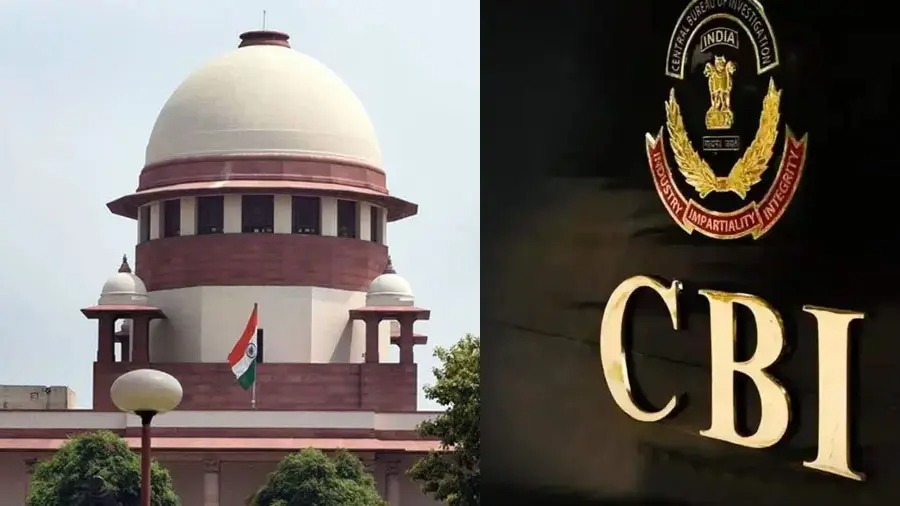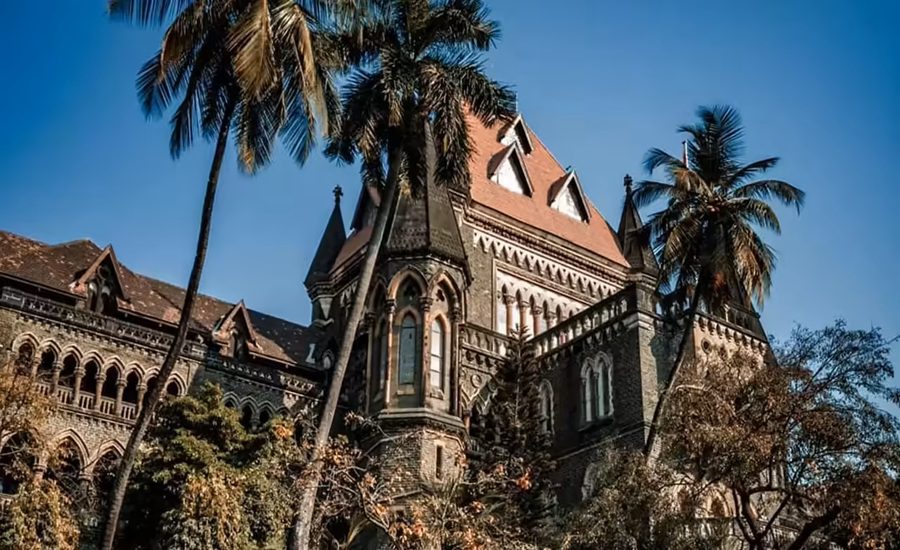@JUDGMENTTAG-ORDER
Velu Pillai, J.@mdashThe revision petitioner, or simply the petitioner, has been convicted by the Honorary Special First Class Magistrate of Badagara, u/s 171 (1) read with Section 207 of the Madras (District Boards) Act, 1920, hereinafter referred to as the Act, for "keeping open a private market" without obtaining the requisite licence from the District Board and has been sentenced to pay a fine of Rs. 50/- and in default of payment, to undergo simple imprisonment for one month. He previously "kept open" the same market during the year, which ended the 31st March, 1957, and was keeping it open, also during the year in question, which commenced on the 1st April, 1957, but according to the prosecution, without obtaining the licence. He did apply for a licence for the year, in renewal of the earlier licence, but this was on the 21st August 1957, after the year had well advanced; he also made payment of the licence fee of Rs. 300/-, but only on the 17th March, 1958. The District Board issued a notice to him on the 31st March, 1958, to pay an additional sum of Rs. 75/- towards the licence fee, as a like amount out of Rs. 300/- paid, had been credited by it, towards what is called in this case as the belated application fee. The petitioner did not comply with this demand. The relevant provisions of the Act require examination. Section 171 (2) reads as follows:--
Application for such licence shall be made by the owner of the place in respect of which the licence is sought not less than six weeks before such place is opened as a market or before the commencement of the year for which the licence is sought, as the case may be.
By this provision, the application for licence for the year ought to have been made, not later than the 17th February, 1957; the application made was therefore a belated application. The petitioner had no case, either in the court below, or in the revision memorandum filed in this Court, that a licence had actually been issued to him upon his application. The point taken before me by his Learned Counsel was, that a licence should be deemed to have been so issued, by virtue of Section 212 (11) of the Act. the relevant part of which, may be extracted as below:--
... but an applicant for the renewal of a licence or permission shall until communication of orders on his application be entitled to act as if the licence or permission had been renewed; and save as otherwise specially provided in this Act, if orders on an application for licence or permission are not communicated to the applicant within thirty days after the receipt of the application by the executive authority, the application shall be deemed to have been allowed for the year or for such less period as is mentioned in the application and subject to the law, rules, by-laws, regulations and all conditions ordinarily imposed.
2. The argument of the Learned Counsel was two-fold, first, that the provision in Section 171 (2) is not mandatory in spite of the use of the word "shall" in the Section, and secondly, that the operation of the provision in Section 212 (11) is not limited to applications which may be made within the prescribed time, or valid applications, as they were called by counsel who appeared before me for the District Board, but extends also to any application for licence which may be made during the currency of the year. I see no merit in these arguments. I am not prepared to hold, that when the legislature has prescribed a time-limit within which an application for licence "shall be made," the prescription may be understood to be nothing more than a condition which the applicant may fulfil at his choice; if it were so, there is no meaning in the imposition of a time-limit. The word "shall" may in proper cases, depending on the context, and on other considerations be construed as meaning "may," but then there must be strong and compelling reasons to do so. That it is open to the District Board to waive the condition, and entertain the application, whether conditionally on payment of a belated application fee, the right to impose which is seriously questioned by the petitioner, or unconditionally, is not decisive of the issue, so far as the applicant is concerned. In this view the petitioner had no right to insist, that his application for licence ought to be granted, irrespective of the time-limit prescribed.
3. The second argument is, what is more important for the present case. It is true, that section 212 (11) does not in terms differentiate between applications which are within time and those which are out of time. The reason for this is, that the Act has already prescribed the time-limit for applications for licences. To accept the argument, would be to hold, that whenever or however late, the application is made during the year, there will be a presumption operating from the commencement of the year, even during the period in which there was no subsisting application, that the licence has been granted. The language of section 212 (11) imports the subsistence of an application for licence, in order to attract the presumption. It cannot be, that an applicant can, at the last moment, put in a piece of paper purporting to be an application for licence, and then claim the benefit of the presumption, as if retrospectively. The right and the proper interpretation of this provision is, that it deals only with applications which have been made in conformity with the express provisions of the Act. I am fortified in taking this view, by a decision of Basi Reddy J. in The Public Prosecutor v T.L. Vasudevaiah Chetty, 1958 (2) M.L.J. (Crl.) 170, which was rendered on the corresponding provisions in the Madras District Municipalities Act, V of 1920, which are substantially similar to the provisions of the Act, and which has held that "before a person can claim the privilege under sub-section 11 of section 321" of that Act, which corresponds to Section 212(12) of the Act, "his application or renewal should have been a valid one, as contemplated by sub-section (5) of section 249", corresponding to Section 171 (2) of the Act. On the above interpretation of Section 212(11), it must follow that the petitioner cannot contend that a licence must be deemed to have been granted to him, and he was therefore rightly convicted. The sentence does not call for any modification.
4. But the court below has also issued a direction, purporting to be u/s 212(9) of the Act, the recovery of a sum of Rs. 75/- from the petitioner, towards the balance of licence fee payable for the year. As explained above, this deficiency has resulted from crediting a sum of Rs. 75/- towards the belated application fee. The petitioner''s contention is, that there is no warrant for the imposition of this fee, in anything in the Act. The court below has not considered this, in all its aspects, but seems to have thought that there is a deficiency in the licence fee. Counsel for the District Board maintained, however, that the imposition of a belated application fee is valid and can be supported. The court below not having considered or decided the point, it was not in order in directing the levy of Rs. 75/- in the exercise of its discretionary power u/s 212(9) of the Act. I therefore expunge this direction, and leave it to the District Board to enforce its rights, in other ways open to it. I also hold that, in the circumstances of this case, the petitioner ought not to have been charged with the costs of the prosecution, to any extent. The District Board had also contributed to the situation in which it found itself, for, when the application for licence came to be made on the 21st August, 1957, the District Board made a unilateral adjustment of Rs. 75/- towards the belated application fee, and then issued a notice to the petitioner, only on the 31st March, 1958, the last day of the year, demanding payment of the balance of the fee. The District Board, having been partly responsible by its laches in enforcing the provisions of the Act, I consider that the direction for the payment of Rs. 5/- by the petitioner towards the cost of the prosecution must be vacated. This revision petition is ordered in the above terms.

